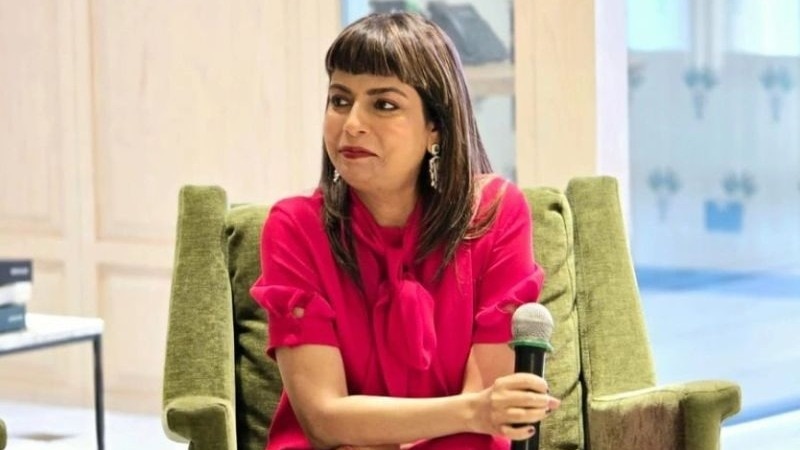Physical Address
304 North Cardinal St.
Dorchester Center, MA 02124
Physical Address
304 North Cardinal St.
Dorchester Center, MA 02124

India’s talent exodus to the United States has long dominated the brain drain debate. But what if the real loss isn’t geographical? What if it’s cultural — embedded in the biases that govern who gets seen, heard, and supported? Venture capitalist Archana Jahagirdar flips the script with a bold critique of how India undermines its own potential, not because talent leaves, but because it’s often stifled at home.
“India’s real brain drain isn’t to the US. It’s to our own biases,” wrote Archana Jahagirdar, Founder and Managing Partner at Rukam Capital, in a thought-provoking LinkedIn post that’s now stirring conversation across the startup and tech communities.
She criticised the celebratory tone that often accompanies visa denials: “Every time a top student gets stuck in a visa mess, Twitter claps. As if keeping them back will suddenly fix the system. It won’t. Because the real problem isn’t that the US takes our brightest. It’s that we don’t value the ones who choose to stay.”
Jahagirdar challenged the narrative that the best minds always leave India, arguing that success abroad is often tied to open systems rather than superior intellect: “It’s not that America has better brains. It’s just that they’ve built a system with fewer gatekeepers. You don’t need to be from the right school. Or speak English a certain way. Or have a common connection from your dad’s golf club. If you’re good — they’ll fund you, hire you, bet on you.”
Comparing startup environments, she took aim at India’s insular ecosystem: “Here, we still measure worth by IIT-IIM tags. We build walls around opportunity, not doors. Just look at our startup ecosystem. Still run by the same 300 people from the same 10 institutions. And god forbid you come from a Tier 2 college, a small town, or worse — have an unconventional idea. You’ll be judged, doubted, and discarded before you even begin.”
Jahagirdar didn’t stop at critique. She issued a call to action for Indian entrepreneurs and investors to rethink how they view and support homegrown talent: “If India wants to build a $5T economy — we need to stop treating pedigree like a passport. We need to treat talent like infrastructure. Build for it. Bet on it. Back it. Because staying back in India shouldn’t feel like a compromise. It should feel like a privilege.”
Her post struck a chord with many on social media. One user wrote, “Brilliantly articulated. As someone working closely with small and mid-sized businesses, I see first-hand how many incredible founders get overlooked simply because they didn’t come from the ‘expected’ background.”
Another added, “So agree with you — we really need more players in the startup ecosystem and more opportunities for the talent we have.”